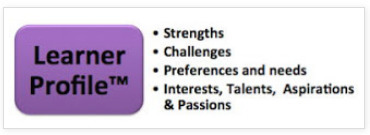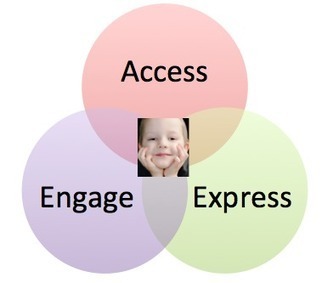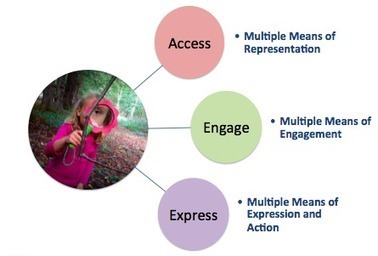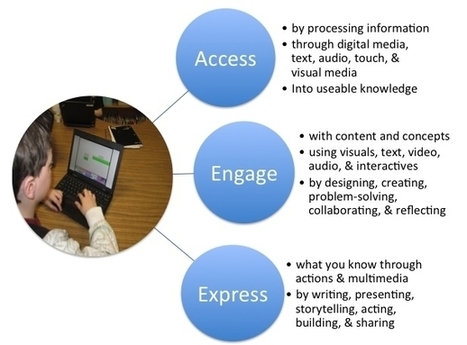Create a Learner Profile using the UDL lens.
Get Started for FREE
Sign up with Facebook Sign up with X
I don't have a Facebook or a X account
 Your new post is loading... Your new post is loading...
 Your new post is loading... Your new post is loading...

Barbara Bray's curator insight,
December 8, 2014 10:29 AM
Why do teachers and learners need a lens for learning? This post will share the importance of understanding how you learn best. Access is about how you transform and process information into useable knowledge. Engage is how you best engage with content. Express is how you demonstrate what you know and understand. If you use this lens, you and your teacher become partners in learning. |

K.I.R.M. God is Business " From Day One"'s curator insight,
January 24, 2017 9:53 AM
Education matter in life,

Barbara Bray's curator insight,
June 28, 2013 11:47 PM
UDL Principles guide learners to understand how they learn best. They determine how they prefer or need to access information, engage with content, and express what they know. |














Discover the learner in every child this year by using the UDL lens of Access, Engage and Express. This is Part One of a 3-part series on how to develop learner agency with every child.